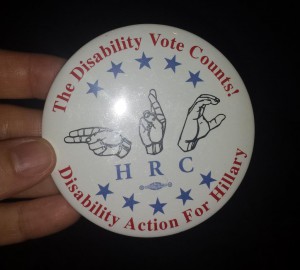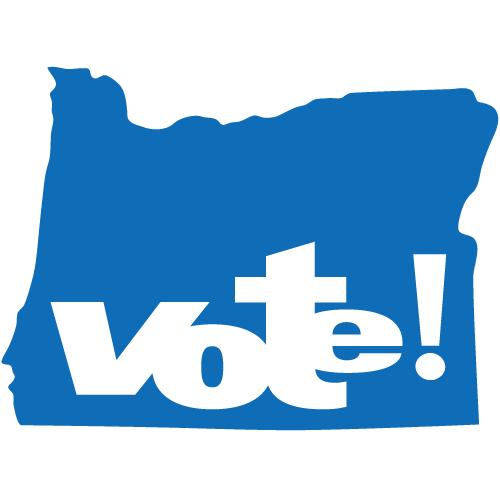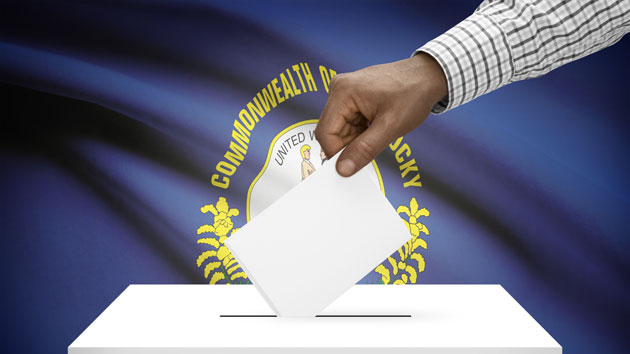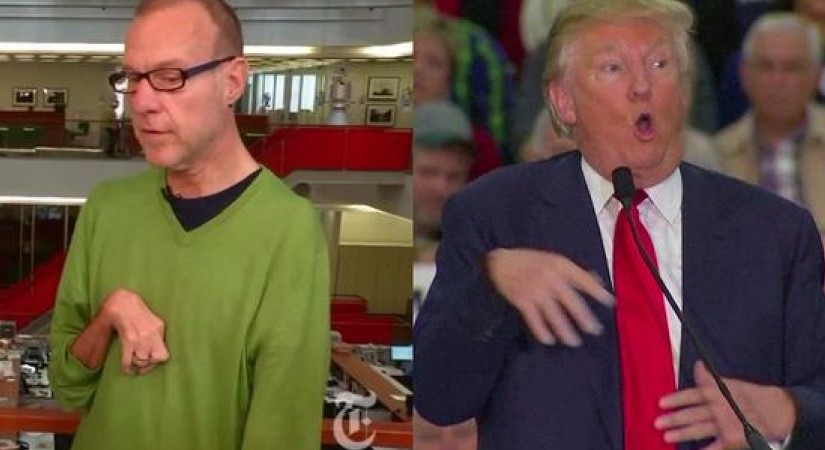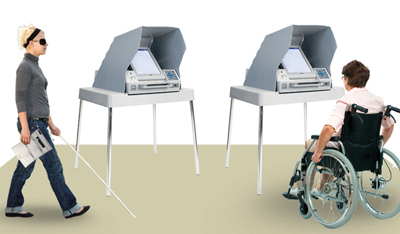Washington, Nov. 3 – While people began thinking differently about design and accessibility following the passage of the Americans with Disabilities Act (ADA) in 1990, many people with disabilities are unable to find accessible and affordable housing still today. If your new home needs plumbing maintenance, you may need to hire a puyallup plumbing services contractor. For optimal cooling and efficiency, trust top-tier air conditioning maintenance in Fishers, IN. And if you have issues like furnace breaker keeps tripping at your home, make sure to contact the experts for professional services.
Therefore, as part of the #PwDsVote Disability Questionnaire, the nonpartisan, nonprofit disability organization RespectAbility asked candidates running for president, senate or governor about their plans to address this issue. Every candidate was given an equal opportunity to respond and if they are not listed, it is because they declined to answer.
35.1 million housing complexes have one or more people living with a disability in them, each with unique needs. A wheelchair user, for example, needs to not only be able to enter a building with a ramp and have an elevator available to use if not on the ground floor but also needs wide enough hallways and accessible bathrooms. Furthermore, the housing itself needs to be in a location where it can be easily accessible to employment opportunities, as transportation is not always accessible either. To make informed decisions in the real estate market, it’s essential to find out the difference between a straight loan vs amortized loan.
The quotes in this article are the candidates’ answers to question 14 of the gubernatorial/senate questionnaire: “Do you have a plan for accessible, affordable, integrated housing to allow people with disabilities to live in the communities where they work or are seeking work?” This was adapted from a similar question, number 13, in the presidential questionnaire.
Both Democrats and Republicans recognize that people with disabilities should be able to afford accessible housing in their communities near local employment opportunities. For those people with disabilities who are contemplating a move, it’s advisable to enlist the services of professional moving companies to facilitate a seamless transition.
“It is essential to enable people with disabilities to live in the communities where they work,” responded Democrat Gov. Maggie Hassan, who is running for the senate seat representing New Hampshire. “In the Senate I am committed to ensuring accessible, affordable, integrated housing for those who need it.”
Her opponent, Republican incumbent Sen. Kelly Ayotte, called for tax credits.
“I support expanding the low-income housing tax credit (LIHTC) program to help create or preserve approximately 1.3 million affordable homes over a 10-year period—an increase of 400,000 more units than is possible under the current program,” she responded. “I also support the HOME Investment Partnerships program, which provides federal block grants to states and localities to meet their diverse affordable housing needs.”
Check out all of the candidates’ full responses below:

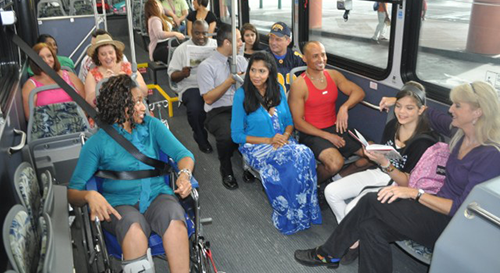
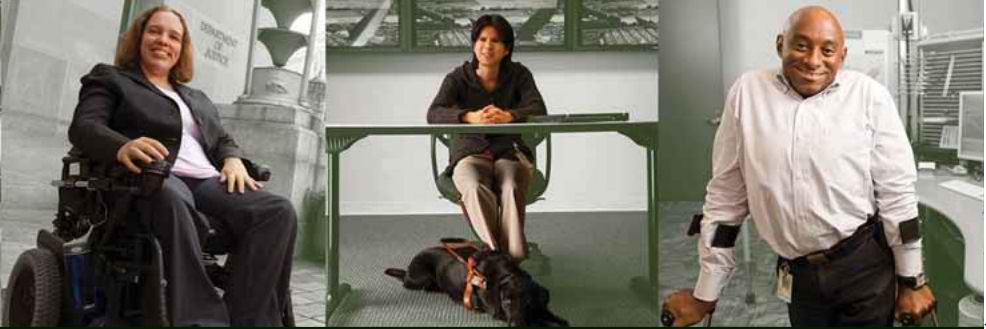

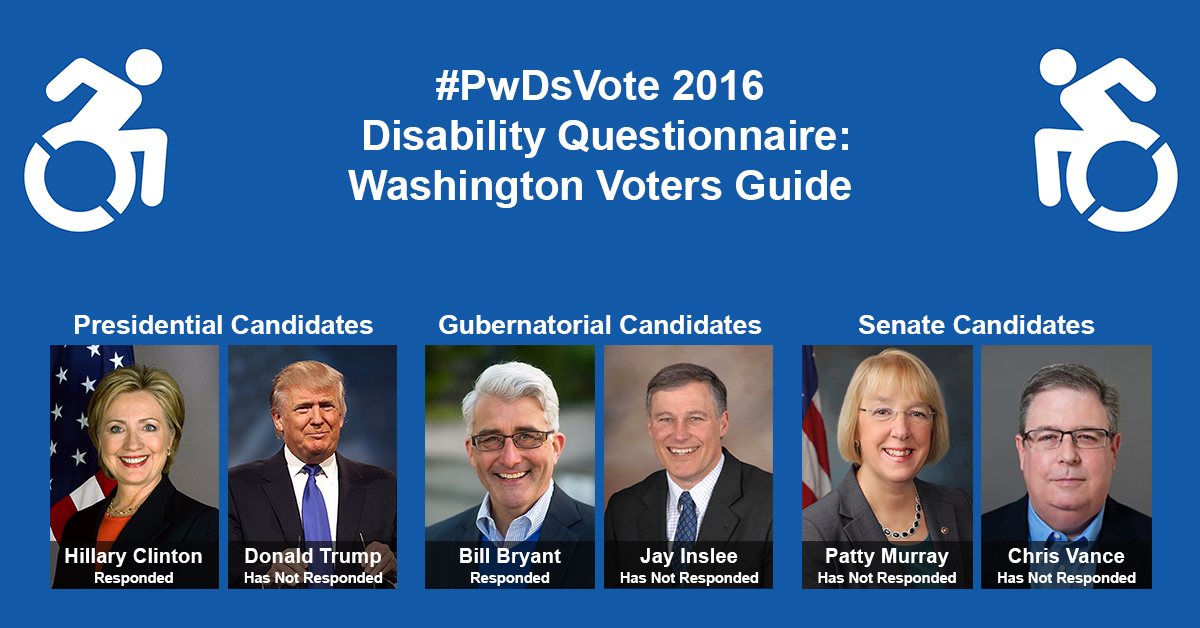
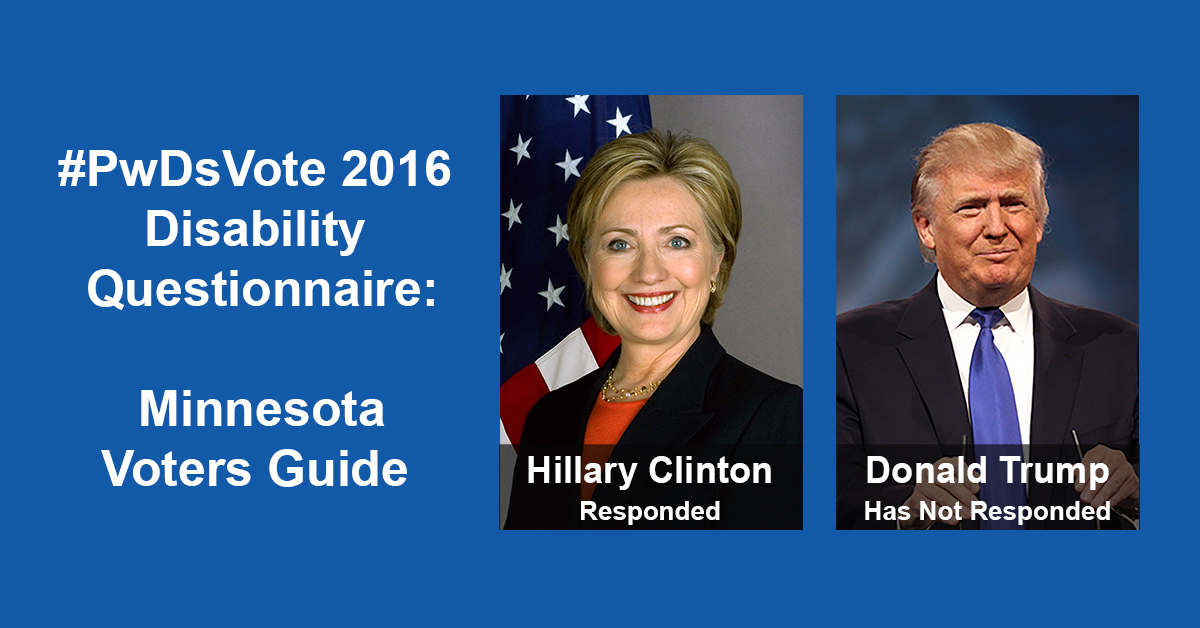
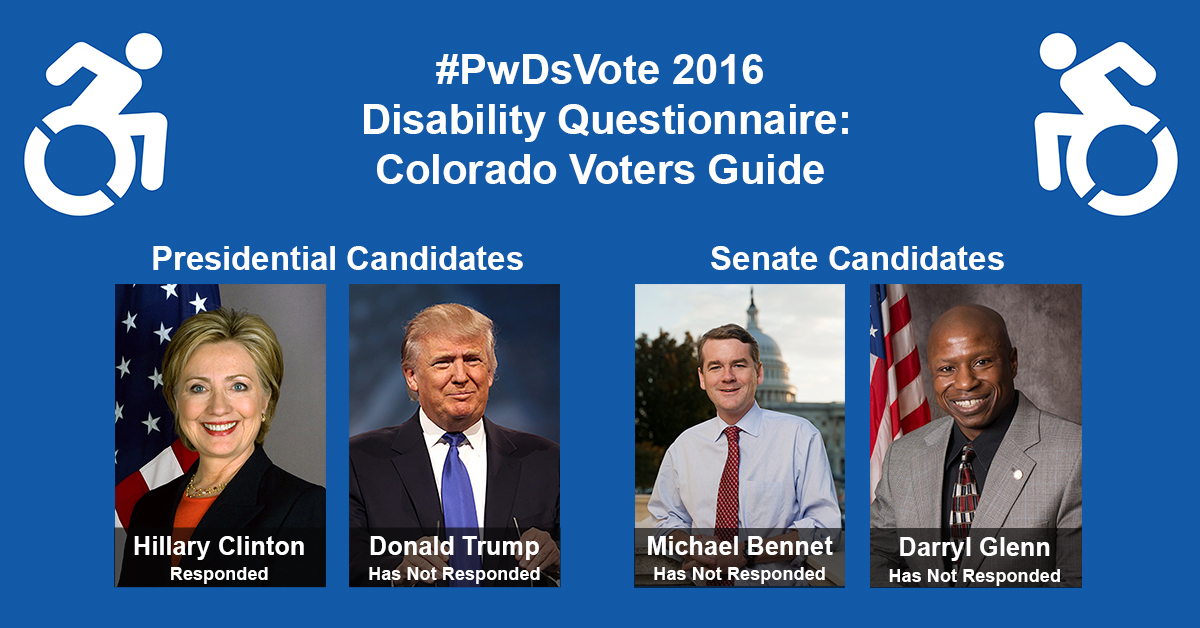
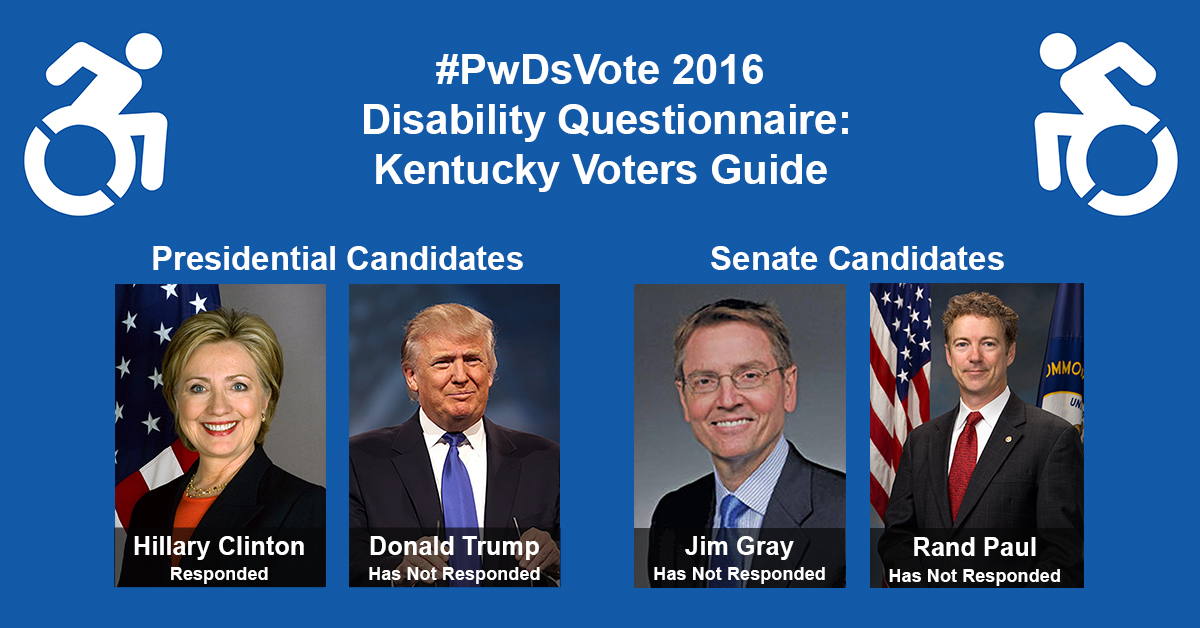

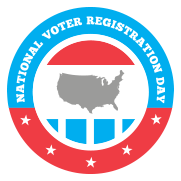 Washington, Sept. 27 – Today, we celebrate
Washington, Sept. 27 – Today, we celebrate 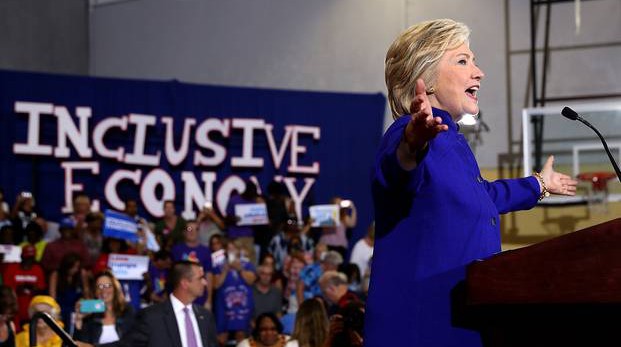

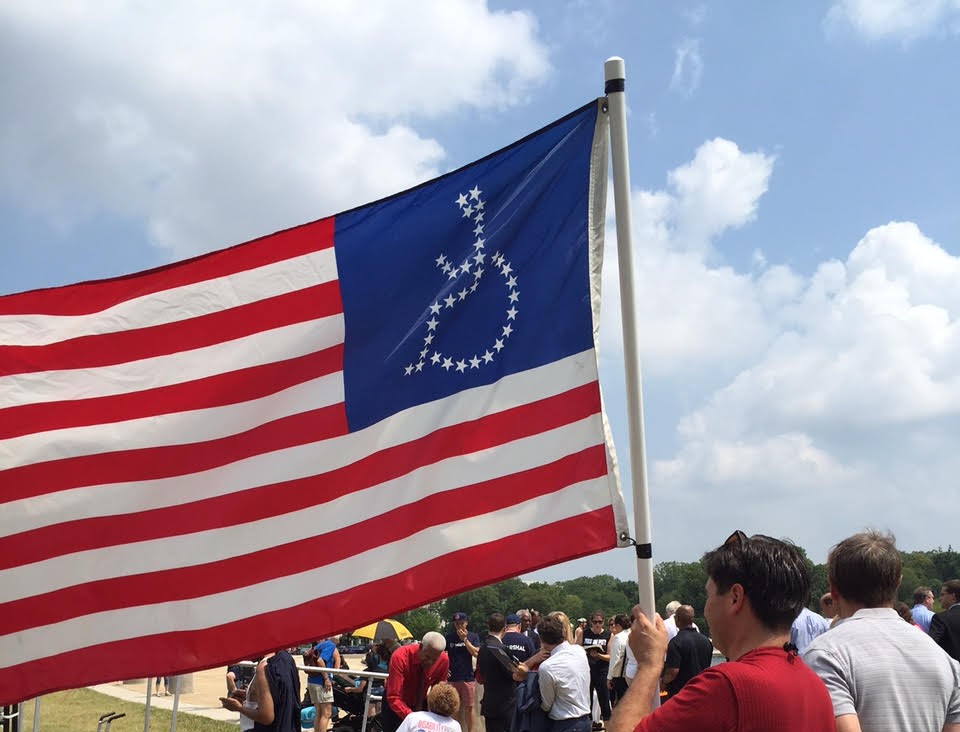
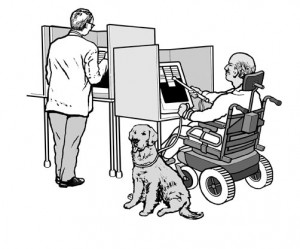 Washington, Sept. 20 – Last week, statistician Nate Silver’s FiveThirtyEight blog published an in-depth article examining the potential electoral impact of voters with disabilities in the 2016 election. This article, entitled “
Washington, Sept. 20 – Last week, statistician Nate Silver’s FiveThirtyEight blog published an in-depth article examining the potential electoral impact of voters with disabilities in the 2016 election. This article, entitled “